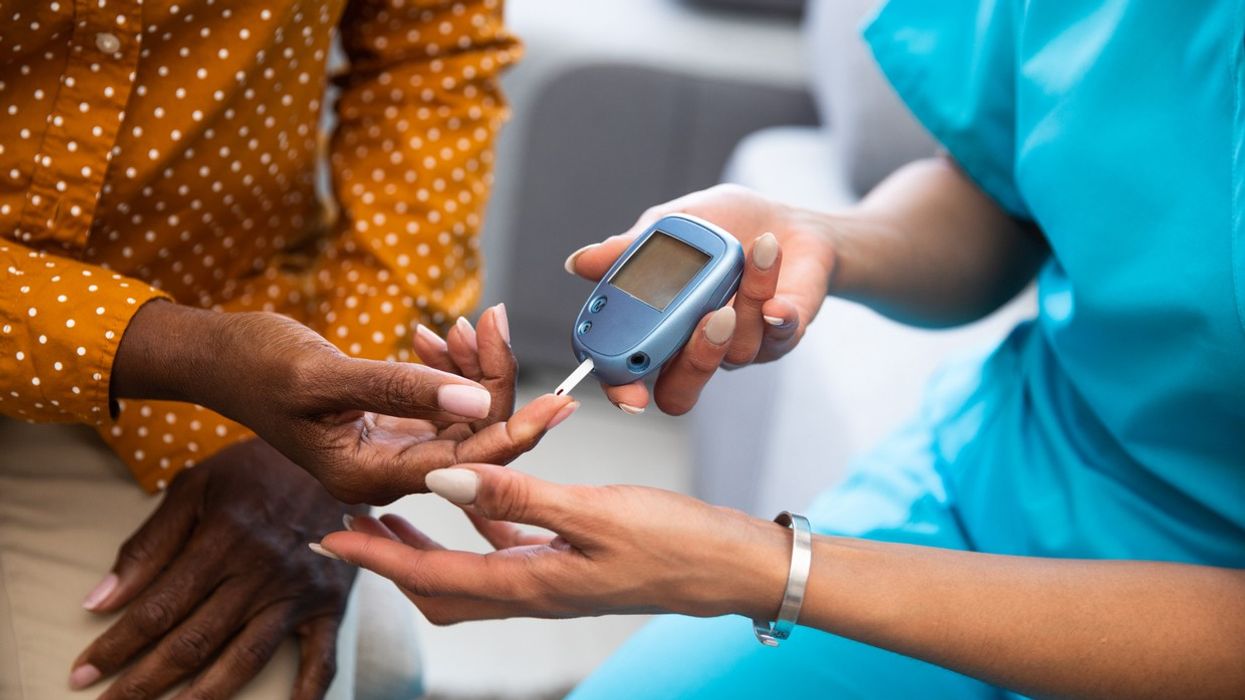A new study has found that almost half a billion people globally got diabetes, with 80 per cent of the patients being from poorer countries.
According to a research by University of Michigan, the number of diabetic people globally has quadrupled since 1980. It also says the disease is no longer restricted to rich countries with unhealthy lifestyle, but now more cases are being reported from low and middle-income countries.
The study, published in medical journal The Lancet, however, didn't provide any clarity why the number of diabetic patients is on the rise.
The University of Michigan published the study after surveying 68,000 people between the ages of 25 and 64 in 55 of these low and middle income countries.
The research found that more than half — 37,000 — had diabetes, but more than half of those people had never been diagnosed with it.
The study also found that the poorer countries had higher prevalence of diabetes - but the patients living there were much less likely to have access to treatment. But, the study shows, only one in 10 people with diabetes worldwide were getting the care they need to live with the condition.
The study further reported that fewer than one out of five people with diabetes were getting the care they need.




